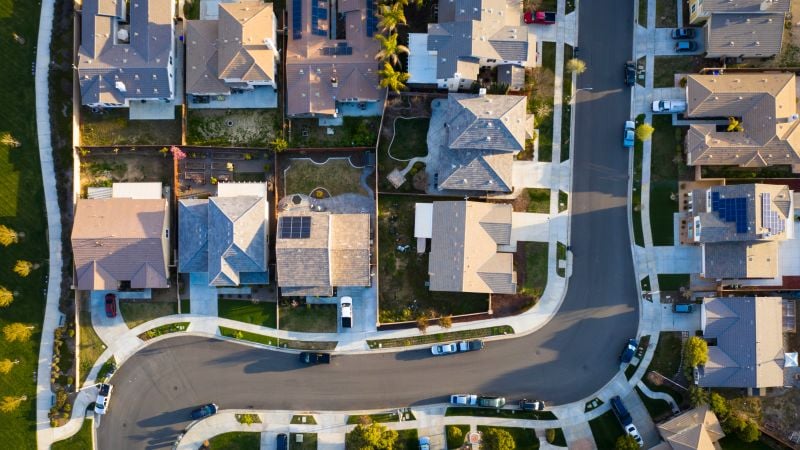- cross-posted to:
- urbanism@hexbear.net
- cross-posted to:
- urbanism@hexbear.net
After 33 years and four children, Baby Boomers Marta and Octavian Dragos say they feel trapped in what was once their dream home in El Cerrito, California.
Both over 70, the Dragos are empty nesters, and like many of their generation, they’re trying to figure out how to downsize from their 3,000-square-foot, five-bedroom home.
“We are here in a huge house with no family nearby, trying to make a wise decision, both financially and for our well-being,” said Dragos, a retired teacher.
But selling and downsizing isn’t easy, appealing or even financially advantageous for many homeowners like the Dragos family.
Many Boomers whose homes have surged in value now face massive capital gains tax bills when they sell. This is a kind of tax on the profit you make when selling an investment or an asset, like a home, that has increased in value.
Plus, smaller homes or apartments in the neighborhoods they’ve come to love are rare. And with current prices and mortgage rates so high, there is often a negligible cost difference between their current home and a smaller one.



Is this accurate? I’m having a hard time believing it, but if it is true, then they need all cash to buy a smaller home. Downsizing shouldn’t be a money-losing proposition, otherwise there would be 0 interest in doing it.
The argument is that these people will sell their really large house then pay the same amount they earn on a smaller condo. This is going to be very much context dependent and frankly I don’t buy this as a problem for most people.
As you get older, you may no longer find it worth keeping up a larger house. It’s not just repairs, but furnishing and decorating and cleaning and insurance and taxes